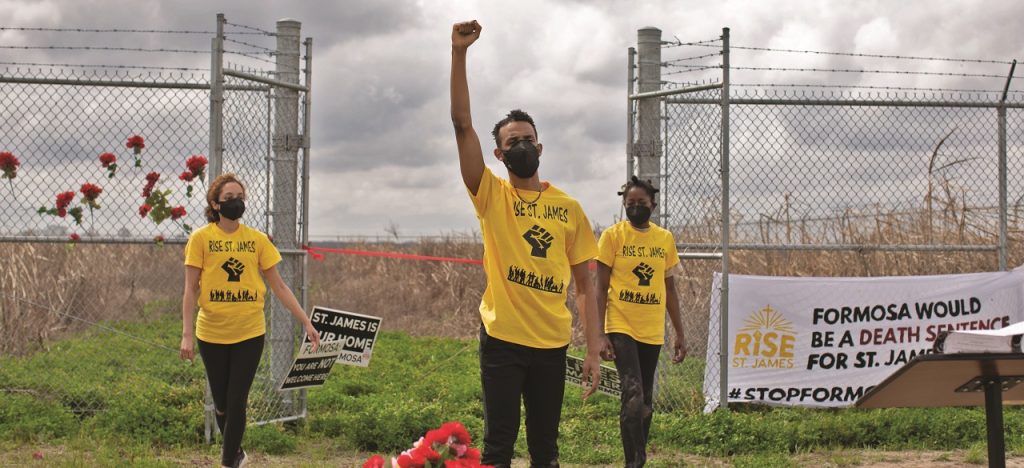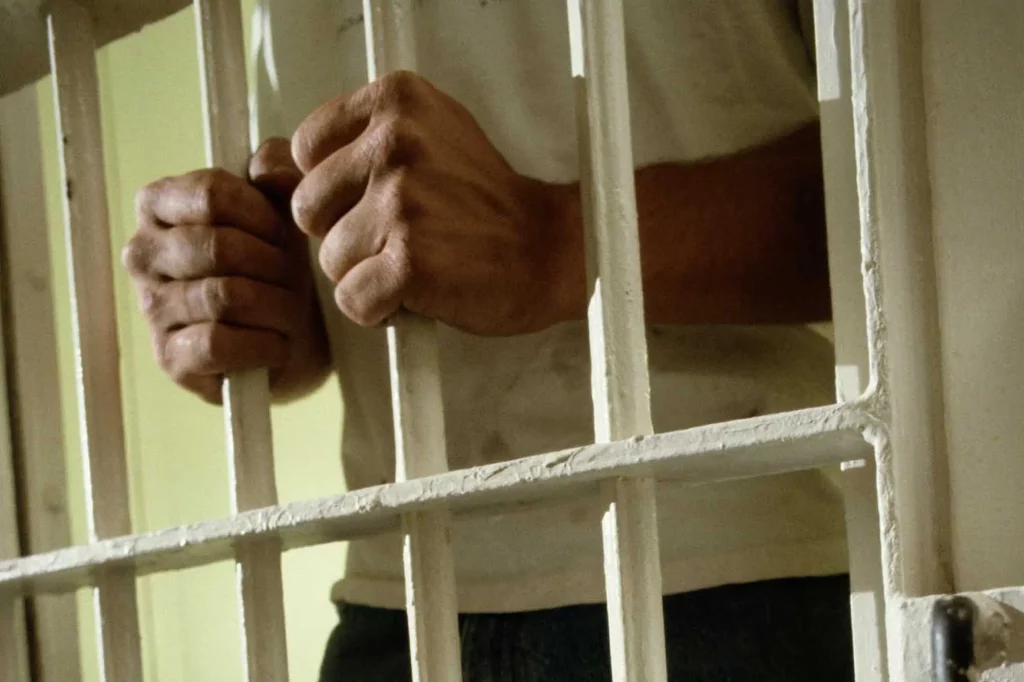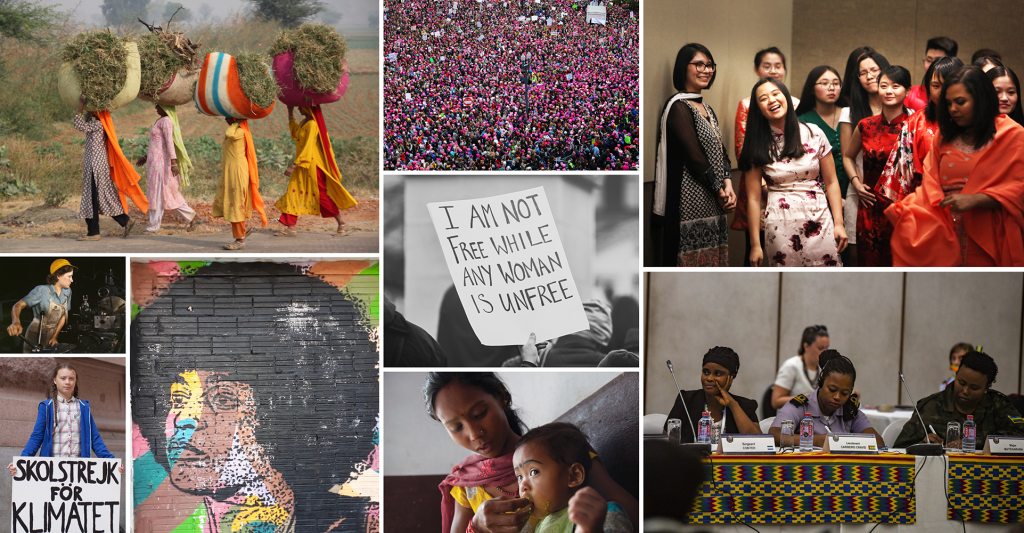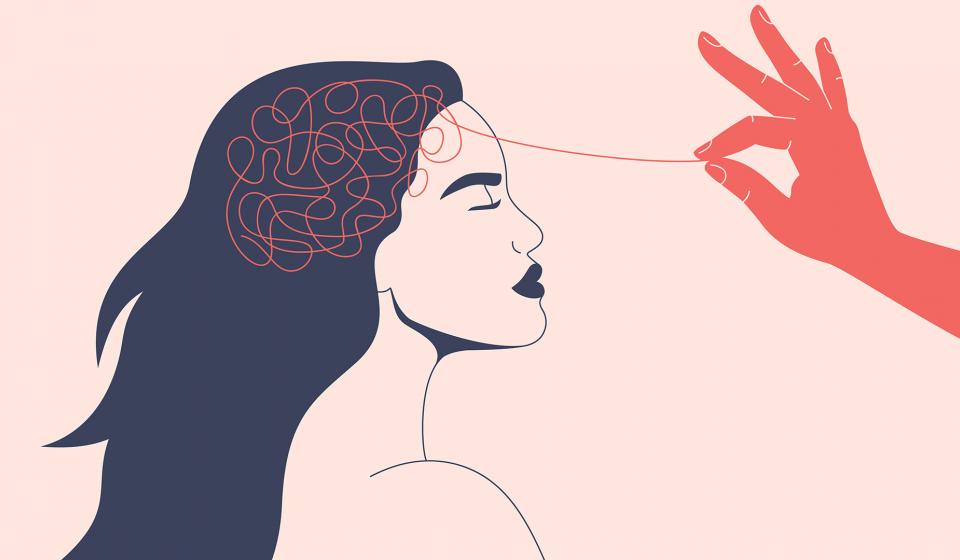The Intersection of Religion and Gender Equality in Modern Societies
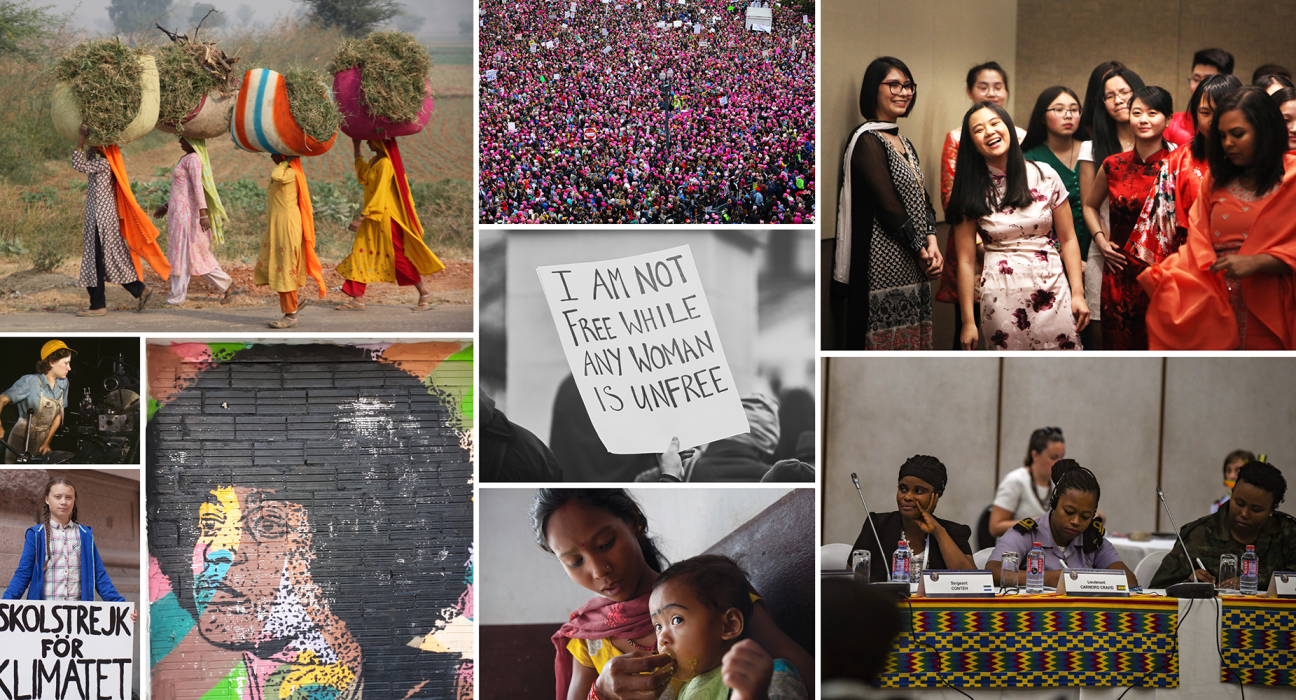
The intersection of religion and gender equality presents both opportunities and challenges in modern societies. While religion is often a cornerstone of cultural identity, shaping norms and values, it can also perpetuate gender roles that conflict with contemporary views on equality. This article examines the complex relationship between faith and feminism, exploring how modern societies navigate this dynamic balance.
Religion and Traditional Gender Roles
Most major religions have historically prescribed distinct roles for men and women, often placing men in positions of authority and women in supportive or domestic roles. These norms were typically shaped by societal structures prevalent at the time of a religion’s founding.
Examples include:
- Patriarchal Leadership: In many religious institutions, leadership roles such as clergy or decision-makers are traditionally reserved for men.
- Dress Codes: Guidelines on modesty often place stricter expectations on women, reflecting societal views on femininity.
- Marriage and Family: Many faiths emphasize a woman’s role as a caretaker and homemaker, sometimes discouraging pursuit of careers or independence.
The Push for Gender Equality
Modern societies, influenced by global movements for equality and human rights, are questioning and challenging traditional gender norms. Women and gender minorities within religious communities are advocating for inclusion and reform.
Key areas of progress include:
- Female Leadership: In some faiths, women are breaking barriers by becoming priests, rabbis, imams, or spiritual leaders.
- Reinterpretation of Scriptures: Scholars and activists are reexamining religious texts to highlight themes of equality and justice.
- Interfaith Dialogue: Conversations between faith communities promote shared understanding and progressive change.
Challenges at the Intersection
Despite progress, significant challenges remain:
- Resistance to Change: Conservative factions within religious communities often resist reinterpretation of texts or shifts in gender roles.
- Cultural Fusion: In many societies, religion is deeply intertwined with culture, making it difficult to separate religious doctrine from traditional practices.
- Intersectionality: Issues of race, class, and geography complicate the pursuit of gender equality in religious contexts.
Religion as a Catalyst for Equality
While religion can perpetuate inequality, it can also inspire and support movements for gender justice:
- Social Justice Teachings: Many faiths emphasize compassion, dignity, and equality, which can be leveraged to advocate for gender rights.
- Faith-Based Organizations: Religious groups often lead initiatives for education, healthcare, and economic empowerment, particularly in marginalized communities.
- Role Models: Influential figures within religious history, such as mystics, saints, and reformers, often challenge traditional gender norms.
Case Studies
- Islamic Feminism: Women scholars and activists reinterpret Quranic verses to advocate for equality in marriage, education, and leadership.
- Christianity and Ordination: Some denominations, such as the Anglican Church, now allow women to serve as bishops and priests.
- Hindu Women’s Movements: Feminists in India challenge patriarchal customs like dowry and child marriage by drawing on spiritual teachings of equality.
The Way Forward
Achieving gender equality within religious frameworks requires:
- Education: Promoting literacy and critical thinking about religious texts.
- Inclusive Leadership: Encouraging diverse voices in decision-making roles within faith communities.
- Global Solidarity: Connecting gender equality movements across cultures and religions to share strategies and success stories.
Conclusion
The intersection of religion and gender equality is a dynamic and evolving landscape. While deeply rooted traditions present challenges, they also offer opportunities to reimagine faith as a vehicle for justice and empowerment. By fostering dialogue and reform, modern societies can honor spiritual heritage while championing the rights of all genders.



